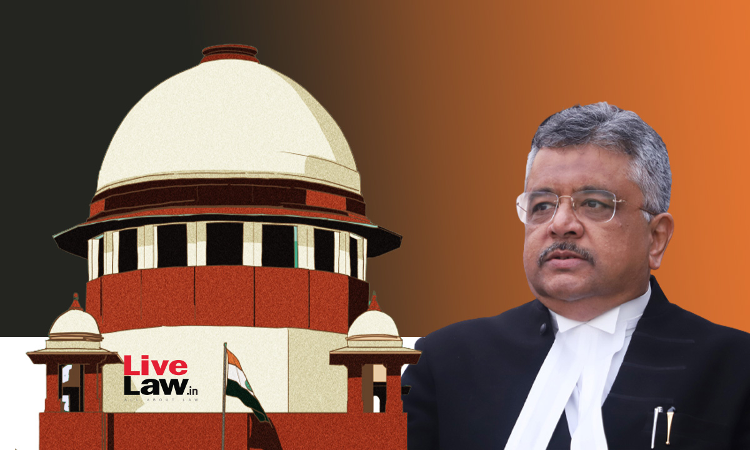‘CBI An Independent Agency, West Bengal's Suit Not Maintainable Against Union Govt’: SG Tushar Mehta To Supreme Court
Awstika Das
9 Nov 2023 7:22 PM IST

Next Story
9 Nov 2023 7:22 PM IST
The Union of India on Thursday (November 9) questioned the maintainability of an original suit filed by the State of West Bengal against the Central Bureau of Investigation (CBI) allegedly continuing to register and investigate cases in the State even after the State government withdrew the general consent for the central agency. Raising preliminary objections to the maintainability...
